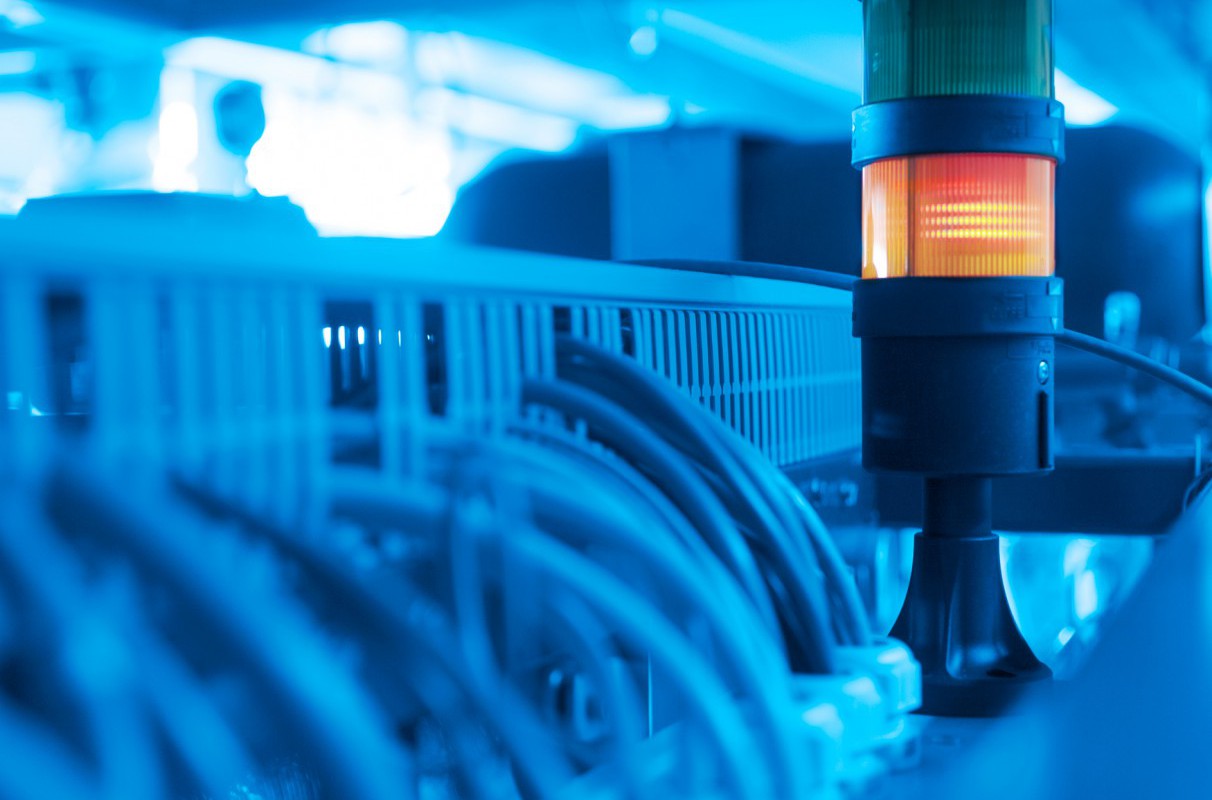

Innovation mission to Germany on the electrification of industry and Power-to-X
18-10-2017
 In September 2017, 75 Dutch, German and Flemish experts from the chemical and energy sector convened in Neuss in Germany to discuss the integration of renewable electricity in the chemical sector. Shared Innovation Program VoltaChem co-organised this innovation mission, that led to a lot of enthousiasm for international collaboration.
In September 2017, 75 Dutch, German and Flemish experts from the chemical and energy sector convened in Neuss in Germany to discuss the integration of renewable electricity in the chemical sector. Shared Innovation Program VoltaChem co-organised this innovation mission, that led to a lot of enthousiasm for international collaboration.
On 14 and 15 September, 25 Dutch representatives from the knowledge and industry domains visited a number of progressive projects in Germany in this field to explore the possibilities for further collaboration. The main message was: the energy transition will irrevocably lead to a traffic transition (power-to-fuels) and a chemical transition (power-to-chemicals), for which significant research and international collaboration is essential. The three-day mission is commensurate with the trilateral chemical strategy signed on 28 September 2017 by the Ministries of Economic Affairs of the Netherlands, Noordrijn-Westfalen and Flanders.
The Germany federal state of Noordrhein-Westfalen, just over the border, has a substantial concentration of energy-intensive (chemical, steel) industry. The considerable chemical industry stands at the dawn of an enormous revolution: the need to significantly diminish the use of fossil fuels and resources by, for example, sustainably produced electricity. New technologies in the production of steel and chloride are among the options to effectively use renewable electricity in industry. Delegation members were inspired by the way in which the German project “Kopernikus” clusters many of these activities.
That this is a hot issue is evident from the number of people that took part in the workshop in Neuss (75) and in the mission visit to industry (ThyssenKrupp, Covestro) and knowledge institutions (RWTH Aachen, Forschungszentrum Jülich) that followed (25 Dutch participants). The event kicked off on Wednesday 13 September and, in addition to two plenary sessions, there was a matchmaking element to the programme organised by EEN. This was followed by the innovation mission on Thursday and Friday that included a very diverse group: knowledge institutions, companies, TNO, grid operators and energy companies. The urgency of the topic is clear from the enthusiasm of the parties on both the Dutch and German sides, with many of the parties committing to further collaboration to take on the challenge.
A few highlights:
- H2Herten: project the production of hydrogen using wind energy and an integrated system composed of a fuel cell and batteries. This is an initial step towards a local energy-neutral systems.
- Carbon2Chem by ThyssenKrupp, among others: large-scale project to use hydrogen, CO2 and CO from steel production to produce, for instance, methanol. Steel producers thus become chemical producers. The German government is providing Carbon2Chem with funding to the value of 60 million euros.
- Covestro, Leverkusen: Covestro develops in-house high-grade membrane technology for the electrolysis process for chloride production.
- The Power-2-X project within the Kopernikus programme, a large-scale project (10 years, 30 million euros, 18 institutes, 27 companies) whose coordination is in the hands of RWTH Aachen, Forschungszentrum Jülich and DECHEMA. The focal areas are large-scale electrolysis systems and the conversion of electricity in chemical products.

Figure 1: H2Herten, hydrogen electrolysis at a closed coalmine
The mission was organised by the Innovation Attaché Network in Berlin, cluster organisations in the Netherlands (VoltaChem (TNO, ECN), ISPT) and the Netherlands Enterprise Agency (team IRIS and EEN (EEN for the matchmaking of the first day)). The Ministry of Economic Affairs was involved in the intrinsic preparations. On the German side collaboration took place with the Ministry of Economic Affairs of NRW, EEN (NRW.International), VCI and EnergieAgentur.NRW. The three-day mission is commensurate with the trilateral chemical strategy signed on 28 September by the Ministries of Economic Affairs of the Netherlands, Noordrijn-Westfalen and Flanders.
Source: Innovation Attaché Germany and Switzerland Joop Gilijamse, 28 September 2017, more information: www.ianetwerk.nl
Share this page: